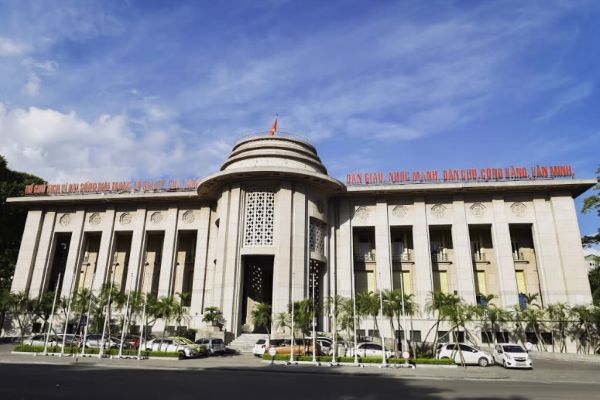
Điều cần biết Giá trị pháp lý chữ ký số
ĐIỀU CẦN BIẾT
GIÁ PHÁP LÝ CỦA CHỮ KÝ SỐ
1. Chữ ký số là gì? Chữ ký số (CKS) là một dạng chữ ký điện tử của cá nhân hoặc tổ chức. CKS có thể được cung cấp bởi đơn vị chính thức (cung cấp dịch vụ chứng thực CKS theo quy định pháp luật Việt Nam, như: VNPT, Viettel, FIS CORP,…) hoặc không chính thức (chưa được cấp phép bởi Chính phủ Việt Nam).
2. CKS có làm vô hiệu giao dịch dân sự?
Giao dịch được ký bằng CKS có giá trị pháp lý như được ký trực tiếp[i], khi CKS đáp ứng điều kiện an toàn theo quy định pháp luật (hiệu lực, khoá bí mật, khoá công khai, kiểm soát khoá bí mật của người ký,…). Nói cách khác, ký bằng CKS đáp ứng điều kiện pháp lý sẽ không làm giao dịch vô hiệu.
Lưu ý, theo pháp luật Việt Nam[ii], giao dịch bị xem là vô hiệu khi chủ thể xác lập giao dịch không có năng lực (pháp luật dân sự, hành vi dân sự). Nói đơn giản, là cần kiểm chứng CKS có thực sự là của người đại diện của đối tác và nó hợp pháp không?
Chúng tôi nghĩ rằng, việc dùng CKS được cung cấp bởi đơn vị chính thức sẽ thuận lợi trong việc kiểm chứng này, cũng như khi yêu cầu chứng thư làm bằng chứng nếu xảy ra tranh chấp về vấn đề này (sử dụng CKS không chính thức, kể cả do đơn vị nổi tiếng thế giới cung cấp, nhưng lại sẽ khó khăn trong việc chứng minh này).
3. CKS cá nhân người của Công ty có rủi ro pháp lý cho giao dịch không?
Nếu giao dịch được ký bằng CKS hợp pháp của Công ty, thì nó cơ bản là có hiệu lực, khả năng vô hiệu sẽ rất thấp.
Nếu giao dịch được ký bằng CKS cá nhân (dù là người của Công ty, người đại diện hợp pháp, thậm chí có đóng dấu Công ty), thì nó vẫn có thể bị tranh chấp về hiệu lực dẫn đến giao dịch bị vô hiệu. Bởi khi đó, kết luận thế nào sẽ tùy thuộc vào chứng cứ chứng minh tính hợp pháp của CKS như đã đề cập ở trên.
[i] Điều 8, 9 Nghị định số 130/2018/NĐ-CP
[ii] Điều 122, 117 Bộ luật dân sự số 91/2015/QH13






